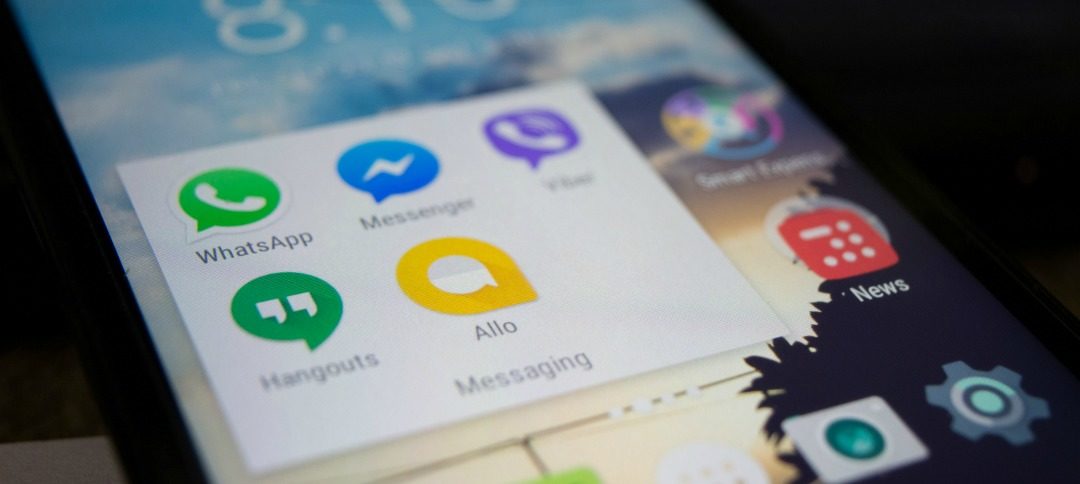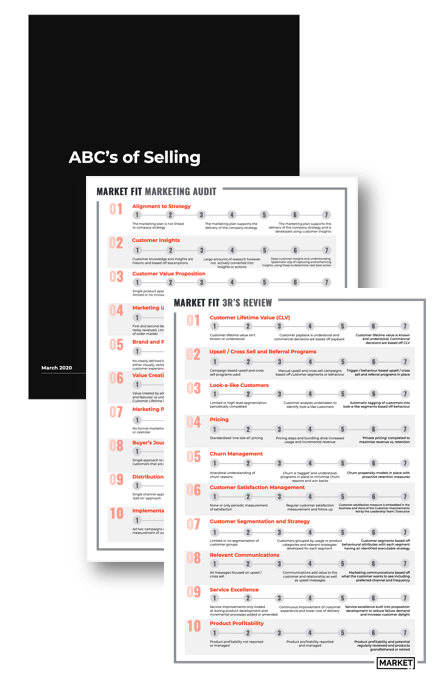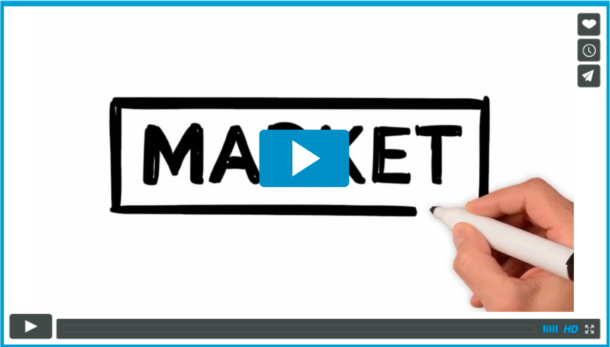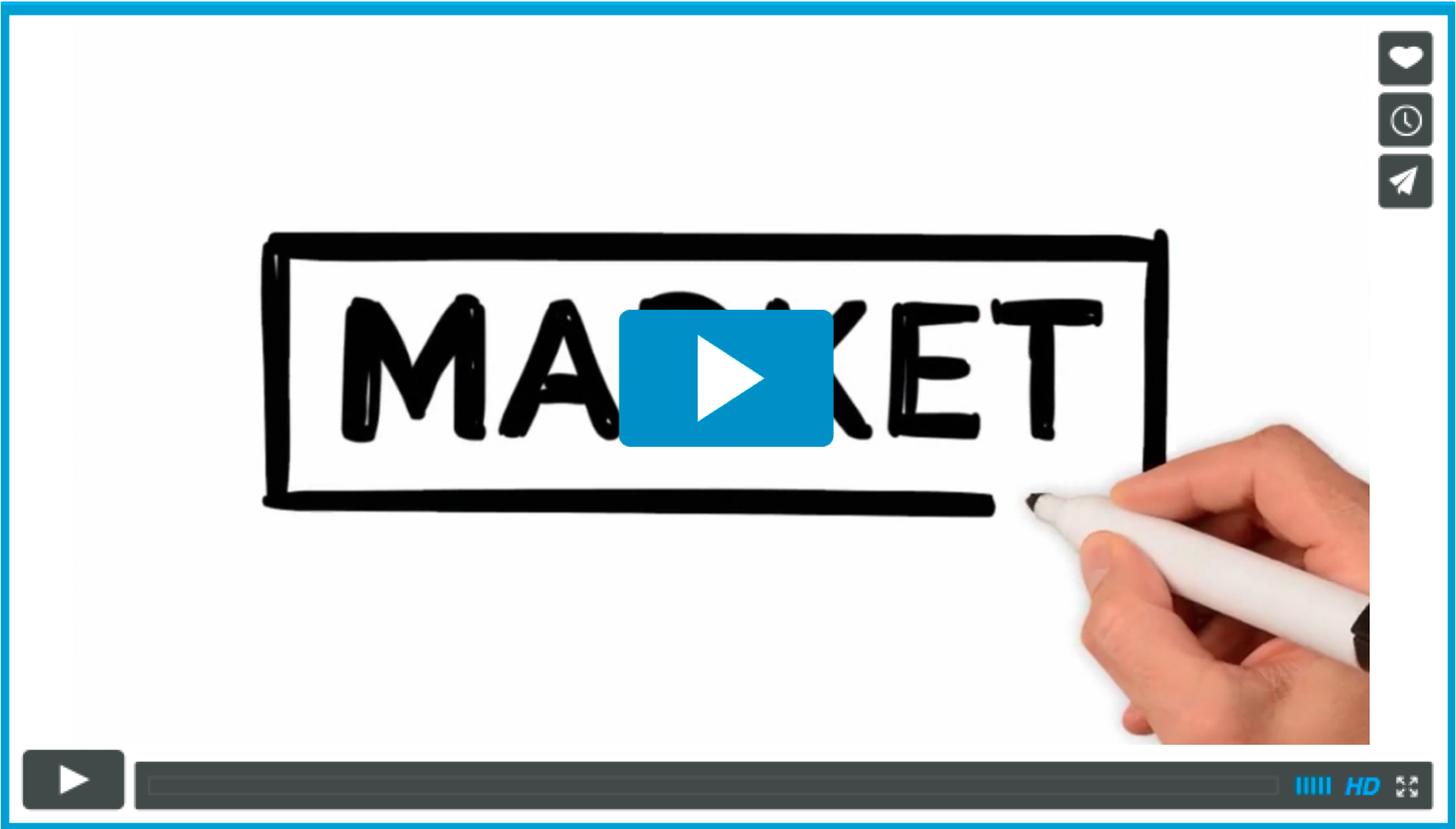I did some maths the other day. A new client asked me what the combined experience of the four directors at The Exponential Agency was. The answer was close to (a slightly staggering) seventy years.
Now, that averages out at around 15-20 years worth of corporate innovation and strategy for each of us. In traditional environments that’s a pretty good career. But here’s the thing – much of that time has been in fast moving, transformative sectors like media, telco, technology, and internet/digital. That gives our experience a whole new spin. With our careers neatly coinciding with the onset of digital disruption and opportunity, and having been on both sides of that disruption, there’s not a lot in the major tech shifts since the mid 90s we don’t have deep experience in. And if there’s one thing that experience has taught us, it’s every tech product has a lifecycle.
Which brings us nicely to apps. Apps hit the mainstream with the iOS App Store in July 2008, swiftly followed by the Android Market (rechristened Google Play in 2012). In the months and years following a typical organisational approach to apps often went something like this:
- “…I need an app…!!”, heard most often from young thrusting marketing managers chasing “simple” B2C communications and personalised service
- “…I need an app…!!”, usually heard a little louder, from the CEO jealously eyeing a competitor’s effort, often followed by “… don’t you want to lead the market anymore?”
- “…I need an app…!!”, usually heard even louder, from board members trying to act modern and down with the kids
Joking aside, these are discussions we still hear today. But if it’s true apps transform engagement and customer strategies for some companies, there is also flip side. I know of a major NZ consumer brand (no names, naturally.. but you are likely to be a customer) boasting north of 2m customers, staring at less than 50K downloads of their (actually, pretty good) app 18 months post-launch. And I think we can assume the app build was not cheap.
Getting downloaded is just the start. As an example, 77% of Android users NEVER use an app again 72 hours after downloading… rising to 90% after three months. Yes, app usage was up by 58% in 2015, but almost 40% of that growth came from existing users. And to bring that into focus a little more… an increase of 58% last year is almost HALF of the increase seen just two years ago. Fewer people new users are downloading less apps.
So, what’s going on here? I think this gives a good clue… while consumers spend 85% of their time on smartphones using apps, it is overwhelmingly dedicated to just five apps. Of course, these vary according to a consumer’s personal interest, but still… five apps means you face a daunting task.
In other words, very few apps survive the first few days after download, and those that do eventually narrow down to a handful getting regular use. This graph from Forresters is also instructive. Consumers tend to gather in only a few app categories. Apps from outside of these face an even greater challenge for oxygen.
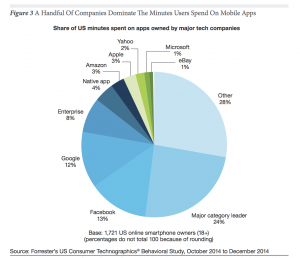
Simple questions like what are you trying to achieve, why does your customer care, and what’s so special about your offer the customer should give you space on their personal device, will help frame your offer and indicate value or otherwise in an app.
So, I’m not saying a definitive no to an app for your organisation – but if you are considering one then you will need to have asked and answered these key questions.
- Why will a customer want (need) to engage with it everyday, every week? What about your app will elevate it into that all important top five (and, I’ll be generous… to the top 10)?
- How will you maintain it, change it, and keep it interesting, giving a reason for customers to keep returning?
- Have you got dedicated resource and budget for your updates and maintenance? And is it “real” budget… ie, not just for the three months of launch?
- Have you spent the time to understand your customer’s current behaviour? How does an app make it better for them (not you!)
- Remember that your customers don’t care about you. It is all about them.
KS

